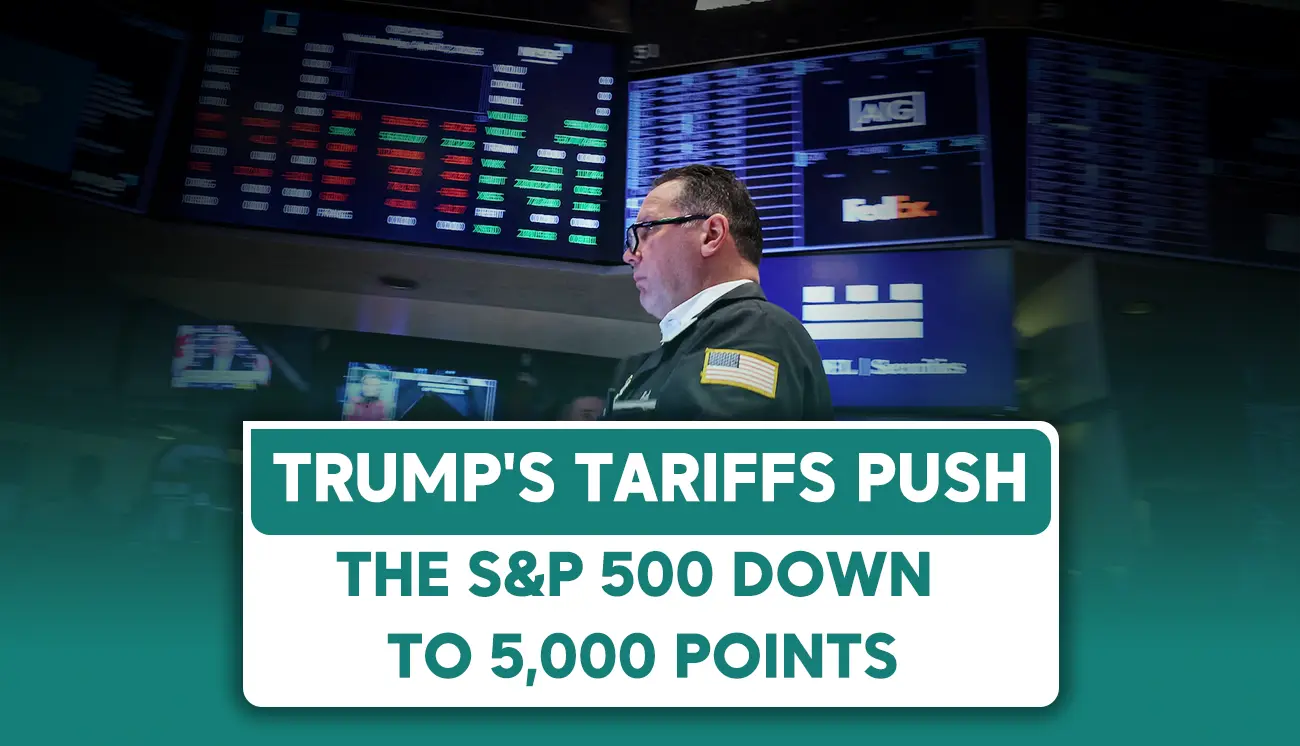Wall Street witnessed a significant wave of volatility following the implementation of a new round of tariffs, most notably the hike on Chinese imports to 104%. These measures intensified global trade tensions and directly impacted investor confidence, with the S&P 500 index dropping below the 5,000 mark for the first time in nearly a year—signaling growing concern over prolonged escalation without near-term resolutions.
U.S. index futures began the session relatively stable, with earlier expectations of renewed negotiations between Washington and its trade partners. However, optimism faded quickly after White House statements confirmed the administration’s intention to proceed with further tariff enforcement.
Investors turned their attention to corporate earnings from companies such as Delta Air Lines and Constellation Brands to gauge the extent of demand impact under current conditions. Delta had already revised its Q1 earnings outlook downward, while Constellation was expected to provide insight into consumer behavior in the food and beverage sector. Recent data revealed a decline in consumer confidence and rising inflation expectations.
On the energy front, oil prices plummeted to their lowest levels in more than four years amid escalating tensions between the U.S. and China. Brent crude dropped to around $61 per barrel, while West Texas Intermediate fell below $56.50. These declines reflect mounting fears of a global economic slowdown, adding further pressure on energy markets and the broader economy.
Analysts at Goldman Sachs noted that U.S. markets have yet to fully reflect the real risk of a potential economic recession, despite the sharp sell-offs triggered by the tariff announcement. Growth expectations declined by 1.3 percentage points in just two days—a drop comparable to major economic shocks such as the 2008 financial crisis and the COVID-19 pandemic. Interestingly, most market indicators remain far from recessionary levels, with the exception of the volatility index (VIX).
The report suggests that continued trade aggressiveness may push markets toward fully pricing in a recession scenario. This could translate into deeper equity losses, wider credit spreads, and an increased likelihood of Federal Reserve rate cuts in the near future.





